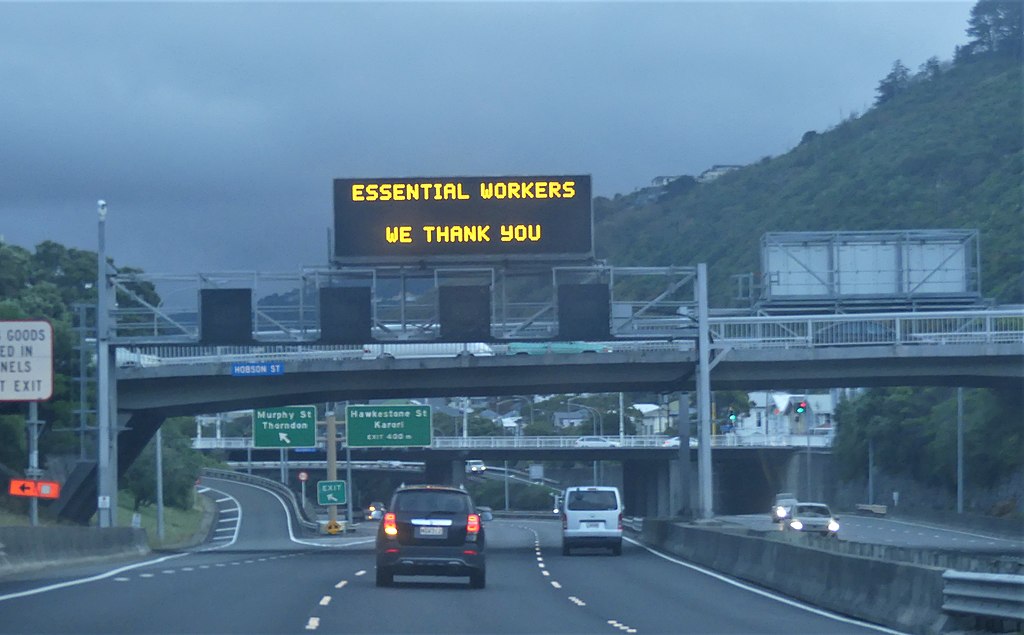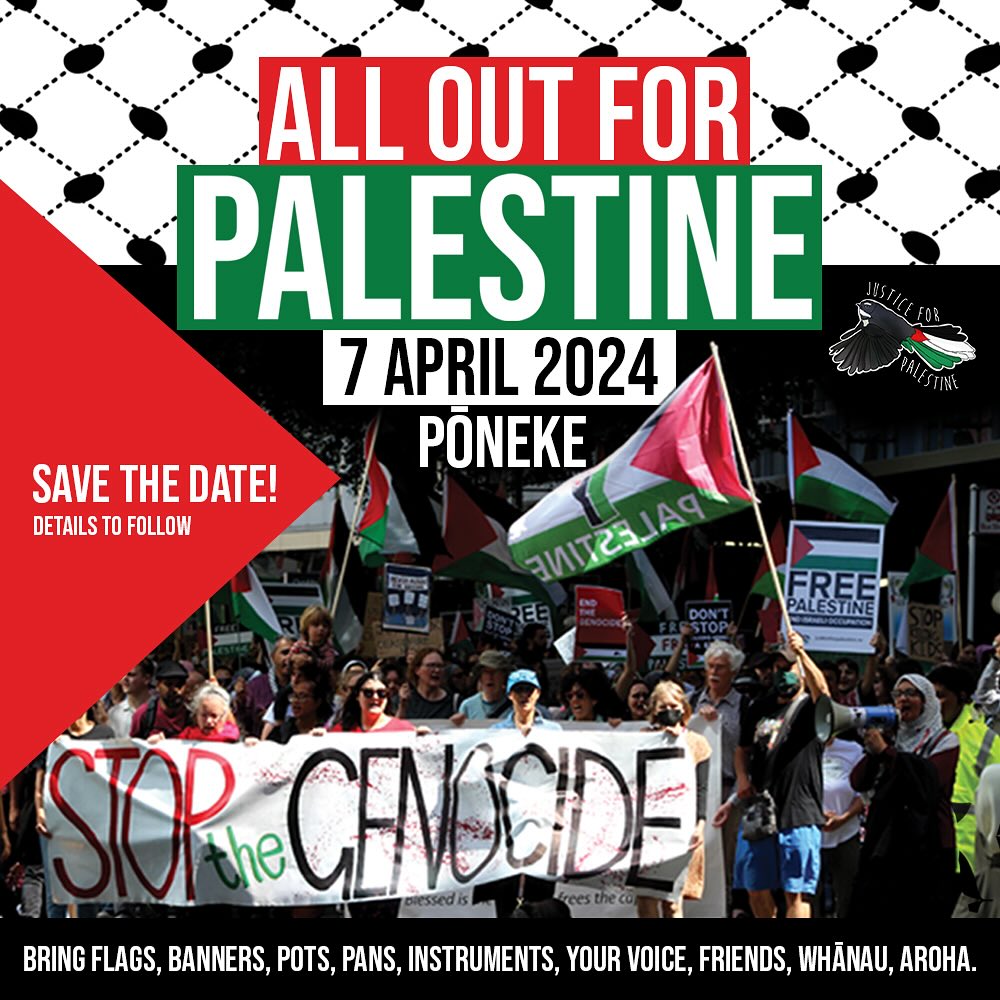We were saddened to learn of the death earlier this month of Dick Morrison, a veteran of the socialist movement in Aotearoa and a pioneering leader in the Gay Liberation movement.
Morrison was part of the generation radicalized by the movement against the Vietnam War, the struggle for black liberation in South Africa and the burgeoning trade union and Maori land rights movement in this country. Revolution was in the air, and many young radicals and thinkers – including Dick Morrison and also his sister, Meryl Morrison – were getting drawn to Marxist ideas.
Some of the most serious of those radicalized youth formed the Socialist Action League, a group instrumental in reviving anti-Stalinist and Trotskyist ideas in the workers’ movement here. Morrison was active in the League in Auckland and Wellington through the 1970s, interacting with students at Victoria University in Wellington and then, when the group decided to take its members into blue-collar jobs as part of a ‘turn to industry’, at a railway workshops in Auckland.
One very important part of the League’s politics was its enthusiasm for the liberation movements – women’s liberation, black liberation, gay and lesbian liberation – emerging out of the ‘New Left’ of the time and intertwining with radicalizing workers’ struggles. Whereas most of the New Zealand socialist left – bogged down in Stalinist and Maoist politics – was dismissive (at best) of gay liberation, the Socialist Action League championed this new movement.
Morrison was a leader in Gay Liberation in the 1970s, and organized, wrote and spoke against the oppression of gay men and lesbians. With Ngahuia Te Awekotuku, Nigel Baumber, and Malcolm McAllister, he organised the first meetings of Gay Liberation at the University of Auckland in 1972. He would later be involved in Wellington Gay Liberation also. He is quoted in a Salient report of August 1974 arguing at a Gay Liberation conference for liberation over calls for mere equality – an argument that resonates to this day. He was an organizer as well as a speaker, too, and is listed – with his phone number – on posters held at the National Library as a key contact person for the National Gay Liberation Conference. This, at a time when sex between men was still a crime, involved taking a public stand, and facing a risk.
A decade on, when much of the left was indifferent to the struggle for Homosexual Law Reform, the Socialist Action League published a pamphlet making the case for why trade unionists should support gay men’s rights.
Towards the end of that decade Morrison fell out of active involvement with the League, but seems never to have lost his commitment to the working class and to human liberation. His long-time friend and comrade James Robb, in a tribute on Facebook, described him as a “loyal comrade and exceptionally generous person”.
Although no one in our ranks had the pleasure of knowing Morrison personally, his legacy – and the great, under-acknowledged contribution of scores of committed revolutionary socialist activists to the liberation struggles of the 1970s – is one we wish to acknowledge, to preserve and to extend.
Vale Dick Morrison.
Images from the 1974 Gay Liberation conference from the Salient report of that year









